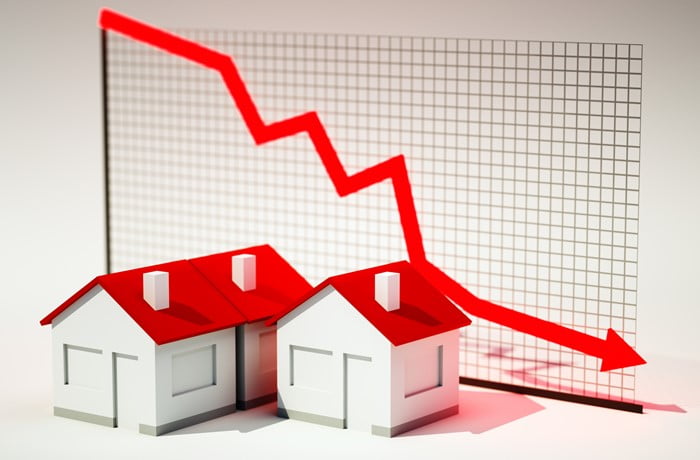The upcoming presidential elections in the United States hold significant implications for various sectors, including the housing market. As voters prepare to make their decision, understanding how the policies of the leading candidates — Vice President Kamala Harris and former President Donald Trump — could affect the housing market is crucial. My perspective is based on a thorough analysis of the candidates’ programs, public statements, and the positions of key analytical think tanks.
Impact of the Election of Harris on the Housing Market
Economic Policies: Vice President Harris is likely to continue policies emphasizing affordable housing, increased funding for housing programs, and stricter regulations on the housing market. These policies could lead to more stability in housing prices, increased access to affordable housing, and potential incentives for first-time homebuyers.
Interest Rates: The Democratic administration’s focus on economic stability and job growth could lead to lower interest rates, which are beneficial for mortgage rates and home buyers.
Regulatory Changes: Expect a continuation of regulatory measures to protect consumers in the housing market, potentially affecting mortgage lending practices and housing finance.
Key Advisors and Think Tanks:
• Think Tanks: Center for American Progress, Urban Institute.
- Key Advisors: Cecilia Rouse (Chair of the Council of Economic Advisers), Marcia Fudge (Secretary of Housing and Urban Development).

Impact of the Election of Trump on the Housing Market
Economic Policies: A Trump administration might emphasize deregulation, lower taxes, and incentives for private investments in the housing market. This could lead to increased real estate development and potentially higher property values in certain areas.
Interest Rates: With a focus on economic growth and inflation control, interest rates might rise, affecting mortgage rates. This could make borrowing more expensive, potentially slowing down the housing market.
Regulatory Changes: Deregulation might lead to more flexible lending practices, which could boost housing market activity but also increase risks of market instability.
Key Advisors and Think Tanks:
• Think Tanks: Heritage Foundation, American Enterprise Institute.
- Key Advisors: Larry Kudlow (former Director of the National Economic Council), Ben Carson (former Secretary of Housing and Urban Development).

Overall Thoughts on What’s Best for the Market
Democratic Perspective: Policies that promote affordable housing and consumer protections are beneficial for long-term stability and accessibility. Think tanks like the Center for American Progress and the Urban Institute advocate for such measures, emphasizing the need for equitable housing solutions.
Republican Perspective: Emphasis on deregulation and tax incentives can spur market growth and investment. Think tanks like the Heritage Foundation and the American Enterprise Institute support these approaches, highlighting the benefits of a free-market economy.
Historical Impact: Historically, Democratic administrations have focused on housing affordability and consumer protection, leading to more stable but slower market growth. Republican administrations have encouraged market growth through deregulation and incentives, often resulting in rapid market changes but with higher volatility.
Conclusion
Both approaches have their merits, and the best outcome for the housing market depends on a balance between growth and stability. The policies of either candidate will shape the market differently, influencing everything from housing affordability to investment opportunities.
